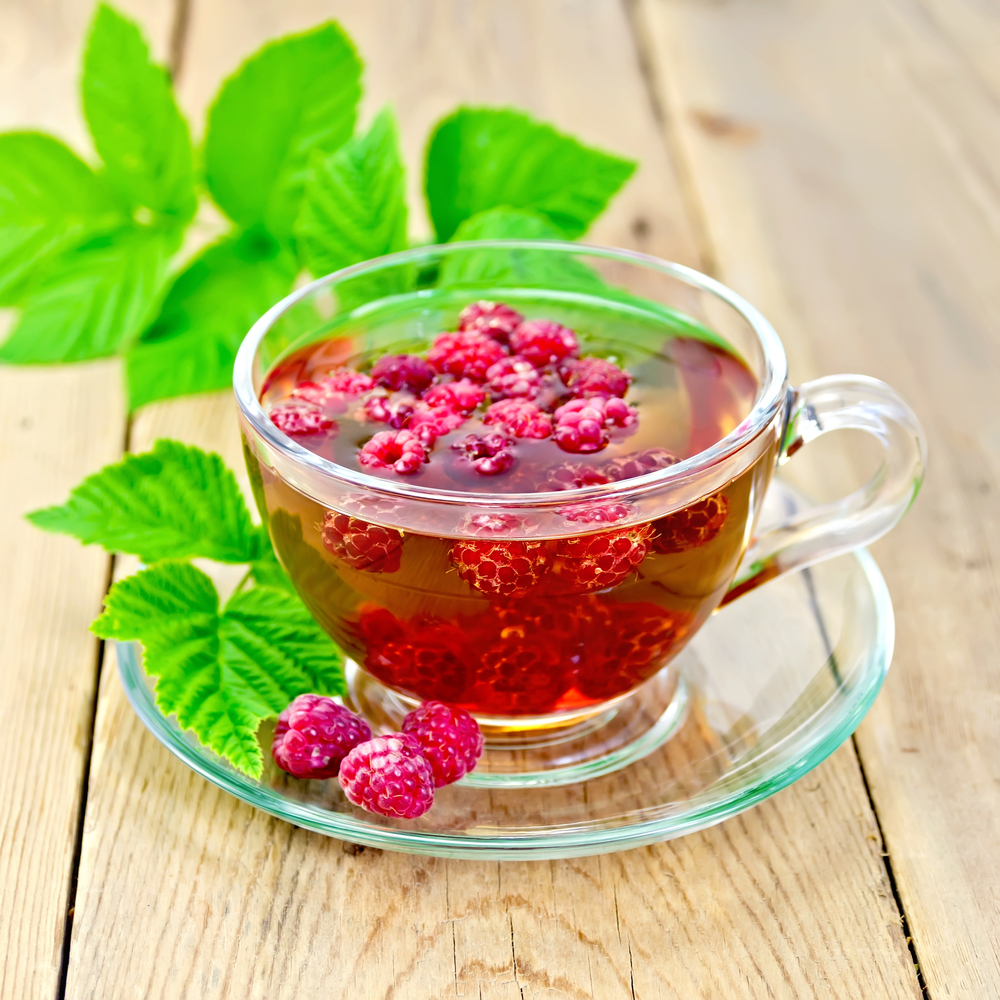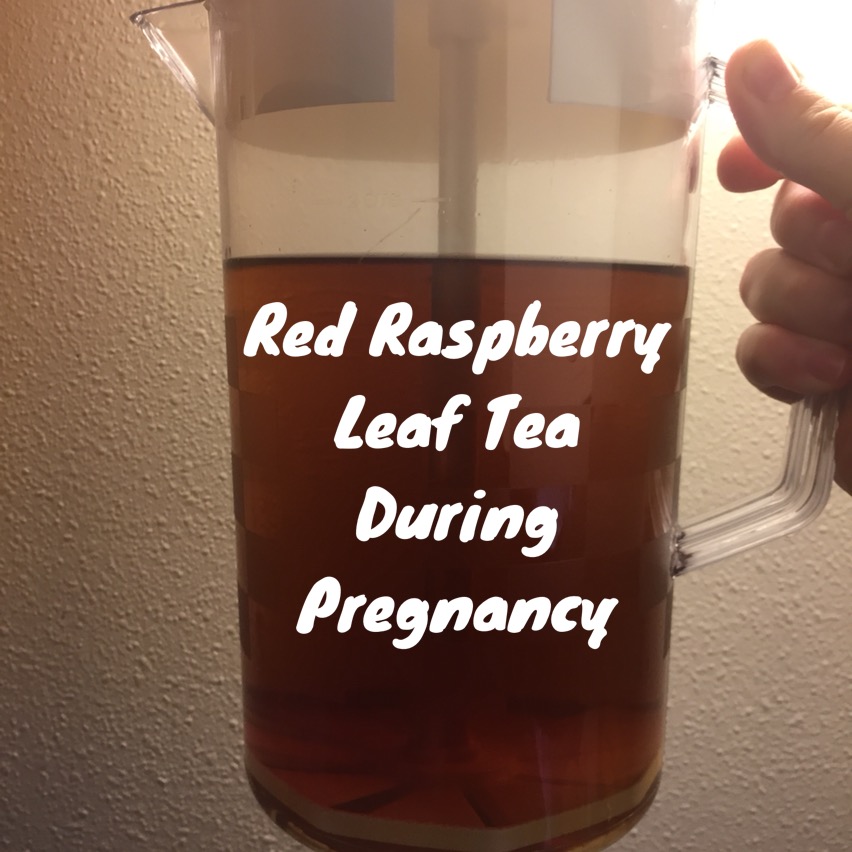When To Drink Raspberry Leaf Tea During Pregnancy: A Comprehensive Guide
Pregnancy is a transformative journey for every woman, and choosing the right nutrition and herbal supplements is crucial for both mother and baby. One of the most popular herbal teas recommended during pregnancy is raspberry leaf tea. But when should you start drinking it? And what benefits does it offer? This article will guide you through everything you need to know about raspberry leaf tea during pregnancy.
Raspberry leaf tea has been used for centuries by pregnant women to prepare their bodies for childbirth. However, timing is key when incorporating this herbal remedy into your routine. Understanding its benefits, risks, and the ideal time to consume it can make all the difference in your pregnancy journey.
Throughout this guide, we will explore the science behind raspberry leaf tea, its effects on pregnancy, and how to incorporate it safely into your daily routine. Whether you're a first-time mom or a seasoned parent, this information will help you make informed decisions about your health during this special time.
Read also:Consulta Votos 2024 Your Ultimate Guide To The Upcoming Elections
Table of Contents
- Introduction to Raspberry Leaf Tea
- Benefits of Raspberry Leaf Tea
- When to Drink Raspberry Leaf Tea
- Safety and Risks
- How to Prepare Raspberry Leaf Tea
- Frequently Asked Questions
- Scientific Evidence
- Alternatives to Raspberry Leaf Tea
- Consulting Your Healthcare Provider
- Conclusion
Introduction to Raspberry Leaf Tea
Raspberry leaf tea is made from the leaves of the raspberry plant (Rubus idaeus). This herbal tea has been traditionally consumed by women to support reproductive health and prepare the body for childbirth. Rich in vitamins and minerals, raspberry leaf tea is believed to strengthen the uterine muscles and promote a smoother delivery process.
The tea contains compounds such as tannins, fragrine, and vitamins A, C, and E, which contribute to its health benefits. However, before incorporating it into your pregnancy routine, it's essential to understand the appropriate timing and dosage.
Benefits of Raspberry Leaf Tea
Raspberry leaf tea is often praised for its numerous health benefits, particularly during pregnancy. Below are some of the advantages associated with drinking this herbal tea:
- Strengthens Uterine Muscles: Raspberry leaf tea contains fragrine, a compound that helps tone the uterine muscles, potentially leading to a shorter and easier labor.
- Reduces Risk of Complications: Studies suggest that consuming raspberry leaf tea may reduce the likelihood of preterm labor and the need for assisted delivery methods.
- Promotes Lactation: The tea is also believed to support milk production, making it beneficial for breastfeeding mothers.
- Rich in Nutrients: Raspberry leaf tea is packed with essential vitamins and minerals, including iron, calcium, and magnesium, which are vital for a healthy pregnancy.
When to Drink Raspberry Leaf Tea
Timing is crucial when it comes to consuming raspberry leaf tea during pregnancy. Drinking it at the wrong stage can lead to unwanted side effects or complications. Below, we break down the ideal times to incorporate this tea into your routine:
First Trimester
It is generally not recommended to drink raspberry leaf tea during the first trimester. This is because the tea can stimulate uterine contractions, which may increase the risk of miscarriage in early pregnancy. Focus on maintaining a balanced diet and consulting your healthcare provider before introducing any new supplements.
Second Trimester
During the second trimester, you can gradually start incorporating raspberry leaf tea into your routine. Begin with small amounts, such as one cup per week, and monitor your body's response. This is the ideal time to build up your tolerance and prepare your body for the third trimester.
Read also:Josephine Singson Age A Comprehensive Guide To Her Life And Career
Third Trimester
The third trimester is when raspberry leaf tea is most beneficial. At this stage, you can increase your intake to one to two cups per day, depending on your healthcare provider's advice. The tea's uterine-strengthening properties can help prepare your body for labor and delivery.
Safety and Risks
While raspberry leaf tea offers numerous benefits, it's important to be aware of potential risks and side effects. Some women may experience:
- Stomach Upset: Drinking too much raspberry leaf tea can cause nausea or digestive discomfort. Start with small amounts and increase gradually.
- Uterine Contractions: The tea's ability to stimulate uterine muscles may lead to premature contractions if consumed in excess.
- Allergic Reactions: Although rare, some individuals may be allergic to raspberry leaves. If you notice any adverse reactions, stop consumption immediately.
Always consult your healthcare provider before starting raspberry leaf tea, especially if you have a history of preterm labor or other pregnancy complications.
How to Prepare Raspberry Leaf Tea
Preparing raspberry leaf tea is simple and can be done using either fresh or dried leaves. Follow these steps to make a delicious and nutritious cup:
- Boil one cup of water in a pot or kettle.
- Add one to two teaspoons of dried raspberry leaves to a tea infuser or directly into the water.
- Let the leaves steep for 10-15 minutes to allow the flavors and nutrients to infuse fully.
- Strain the tea and add honey, lemon, or milk if desired.
For optimal results, drink the tea at room temperature or slightly warm, as very hot beverages may not be ideal during pregnancy.
Frequently Asked Questions
Can I drink raspberry leaf tea every day during pregnancy?
While some women choose to drink raspberry leaf tea daily, it's best to follow your healthcare provider's recommendations. Start with small amounts and gradually increase your intake, especially during the third trimester.
Does raspberry leaf tea induce labor?
Raspberry leaf tea does not induce labor but may help prepare your body for childbirth by toning the uterine muscles. However, excessive consumption can lead to premature contractions, so moderation is key.
Is raspberry leaf tea safe for breastfeeding?
Yes, raspberry leaf tea is generally considered safe for breastfeeding mothers. It may even support milk production, but it's always wise to consult your doctor before consuming any herbal supplements.
Scientific Evidence
Several studies have examined the effects of raspberry leaf tea on pregnancy and childbirth. A 2009 study published in the Journal of Midwifery & Women's Health found that women who consumed raspberry leaf tea during pregnancy experienced shorter second stages of labor and fewer complications during delivery. Another study conducted in Australia reported similar findings, highlighting the tea's potential to reduce the need for assisted delivery methods.
While these studies are promising, more research is needed to fully understand the mechanisms behind raspberry leaf tea's effects on pregnancy. Always rely on reputable sources and consult your healthcare provider for personalized advice.
Alternatives to Raspberry Leaf Tea
If you're unable to consume raspberry leaf tea or prefer other options, there are several alternatives that can support your pregnancy journey:
- Chamomile Tea: Known for its calming properties, chamomile tea can help reduce stress and promote relaxation during pregnancy.
- Ginger Tea: Ginger is effective in relieving nausea and morning sickness, making it a popular choice for pregnant women.
- Nettle Tea: Rich in iron and other nutrients, nettle tea can help combat fatigue and support overall health during pregnancy.
Always consult your healthcare provider before trying any new herbal remedies.
Consulting Your Healthcare Provider
Pregnancy is a delicate time, and it's crucial to prioritize your health and the well-being of your baby. Before incorporating raspberry leaf tea or any other herbal supplement into your routine, discuss it with your healthcare provider. They can provide personalized advice based on your medical history and current pregnancy status.
Conclusion
Raspberry leaf tea can be a valuable addition to your pregnancy routine, offering numerous benefits such as strengthening uterine muscles, reducing labor complications, and supporting lactation. However, timing is essential, and it's best to avoid consuming it during the first trimester. By following the guidelines outlined in this article and consulting your healthcare provider, you can safely enjoy the advantages of raspberry leaf tea during your pregnancy journey.
We encourage you to share this article with other expecting mothers and leave your thoughts or questions in the comments below. For more informative content on pregnancy and wellness, explore our other articles and resources. Stay healthy and informed throughout your beautiful journey!
Article Recommendations


